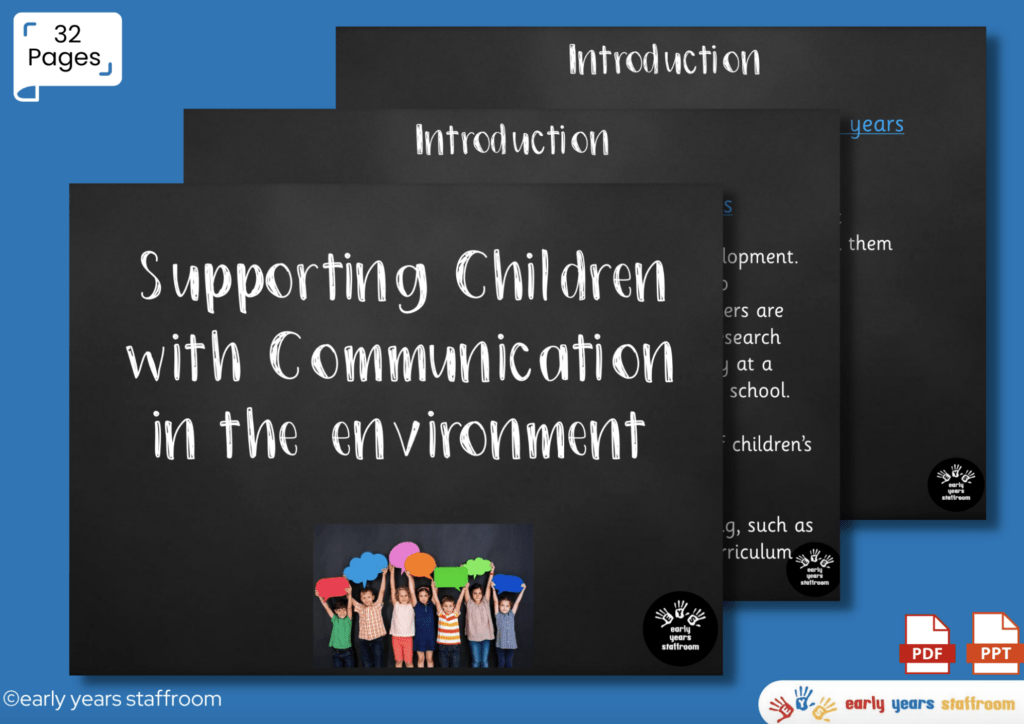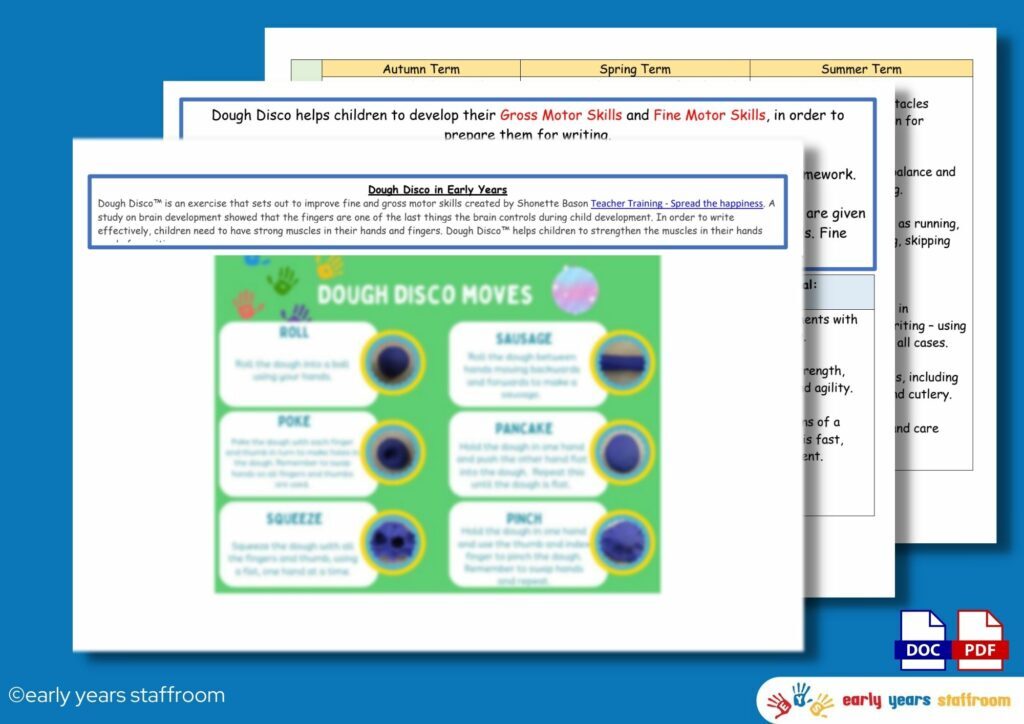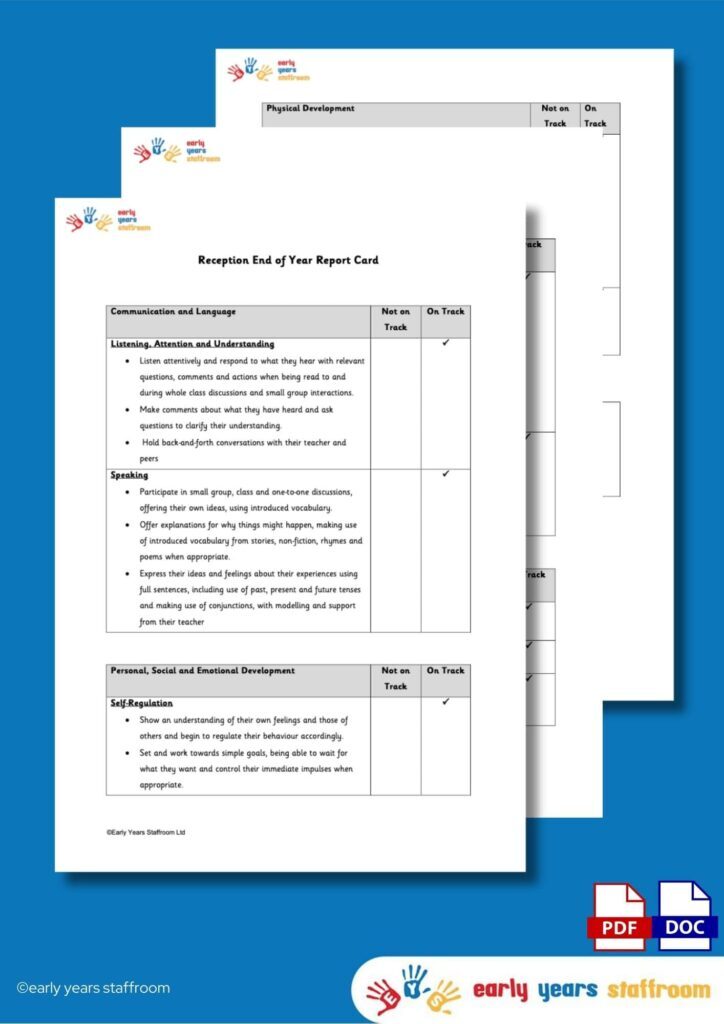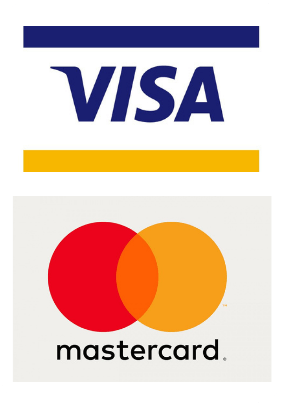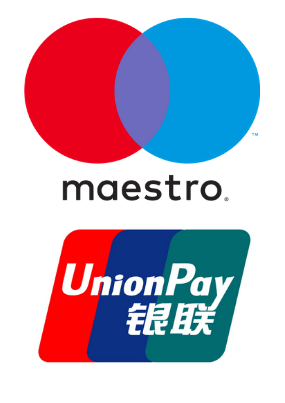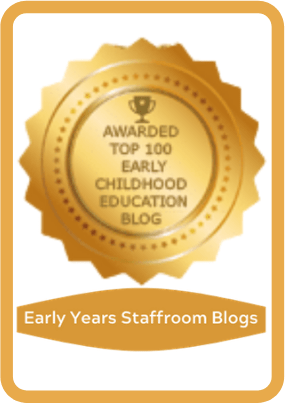All About Me Information Handout
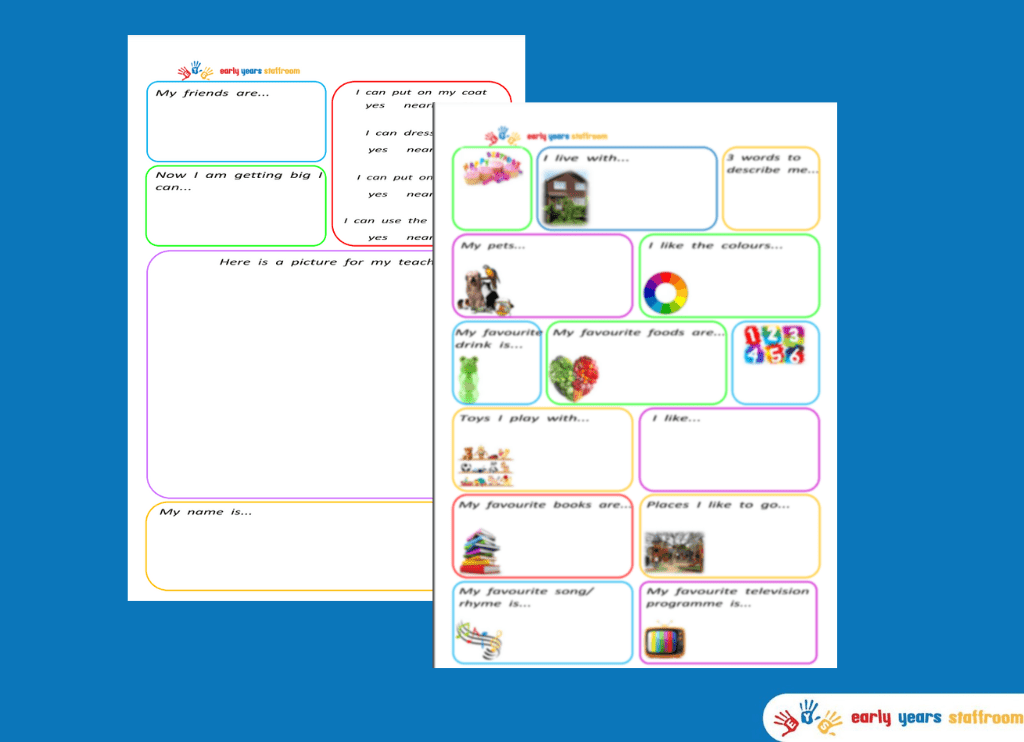
This is a 2 page document ideal to send home or give on a home visit for parents to complete with their children to find out their interests and what they can do.
See our questions for home visits here.
Transition is important to help with:
Individual Understanding: Every child is unique, with their own preferences, strengths, challenges, and experiences. “All About Me” information allows educators or caregivers to get a snapshot of the child’s individuality, helping them understand and cater to the child’s specific needs.
Building Relationships: When caregivers or educators have knowledge about a child’s likes, dislikes, family background, and other personal details, they can build a rapport more quickly, fostering trust and understanding.
Supporting Emotional Well-being: Transitions can be stressful for children. Knowing details about a child’s routines, comfort objects, or calming techniques can help educators and caregivers provide emotional support during challenging times.
Tailoring Learning: “All About Me” information can be instrumental in designing personalised learning experiences. Knowing a child’s interests can guide lesson planning to make learning more engaging for that child.
Facilitating Social Integration: By understanding a child’s social preferences and past experiences, educators can help facilitate friendships and group interactions, ensuring the child integrates well into the new setting.
Health and Safety: Details about allergies, medical conditions, or dietary restrictions are crucial for the child’s safety. The “All About Me” information ensures that the child’s health and safety needs are met in the new environment.
Setting Goals: By understanding where a child is in their developmental journey, educators can set appropriate goals and milestones, ensuring continuous growth.
Communication with Parents: The “All About Me” information provides a basis for communication between educators and parents. It can guide discussions about the child’s progress, challenges, and experiences in the new setting.
Consistency in Routines: Children, especially younger ones, find comfort in routine. Knowing a child’s daily habits and routines can help educators replicate a familiar structure, making the transition smoother.
Building Self-awareness and Identity: For older children, the act of filling out or discussing “All About Me” information can be a self-reflective process. It can help them understand and articulate their feelings, preferences, and identity.
Enhancing Inclusivity: In diverse classrooms, “All About Me” forms can help educators understand various cultural, linguistic, or familial backgrounds, ensuring that every child feels seen, respected, and valued.
In essence, the “All About Me” information serves as a bridge between the child’s past environment and their new setting, ensuring continuity of care, support, and understanding. This bridge is fundamental to making transitions smoother and more successful for both the child and the educators or caregivers.
All our planning has been carefully created by experienced qualified primary school teachers with QTS therefore you can be sure that your planning will achieve your outcomes and aims.
Not quite what you were looking for? Search by keyword to find the right resource, or please email us to request a resource at admin@earlyyearsstaffroom.com.

